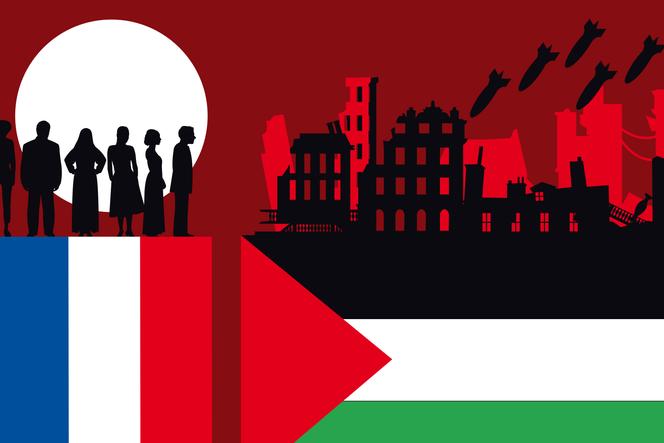
Macron stated “we are here because the time has come” for peace, making the recognition contingent on key conditions including reforms within the Palestinian Authority, the release of hostages, and a ceasefire. Alongside France, five other European states—Andorra, Belgium, Luxembourg, Malta and Monaco—also moved to recognise Palestinian statehood at the gathering. More than 140 national leaders were present.
Palestinian President Mahmoud Abbas addressed the meeting virtually, having been denied a U. S. visa, condemning violence against civilians and urging reform—both within Palestinian territories and, in his view, within Hamas. He said the recognition signals growing international resolve to ensure Palestinians’ rights while also underlining the necessity of internal governance changes.
UN Secretary-General António Guterres reaffirmed that Palestinian statehood is a right, not a reward. His remarks came in direct response to arguments by Israel and its supporters, who have asserted that recognition should follow rather than precede negotiated agreements.
Israeli leadership strongly opposed the recognition by France and its new partners. Prime Minister Benjamin Netanyahu reiterated that recognition without a peace deal undermines Israel’s security concerns, warning of diplomatic and possibly territorial responses.
Some European nations refrained from formal recognition in the gathering, citing unresolved issues. Germany, Italy and Japan participated in the meeting but did not recognise Palestine at this time, reflecting lingering diplomatic caution and concern over setting precedents.
Topics
World
